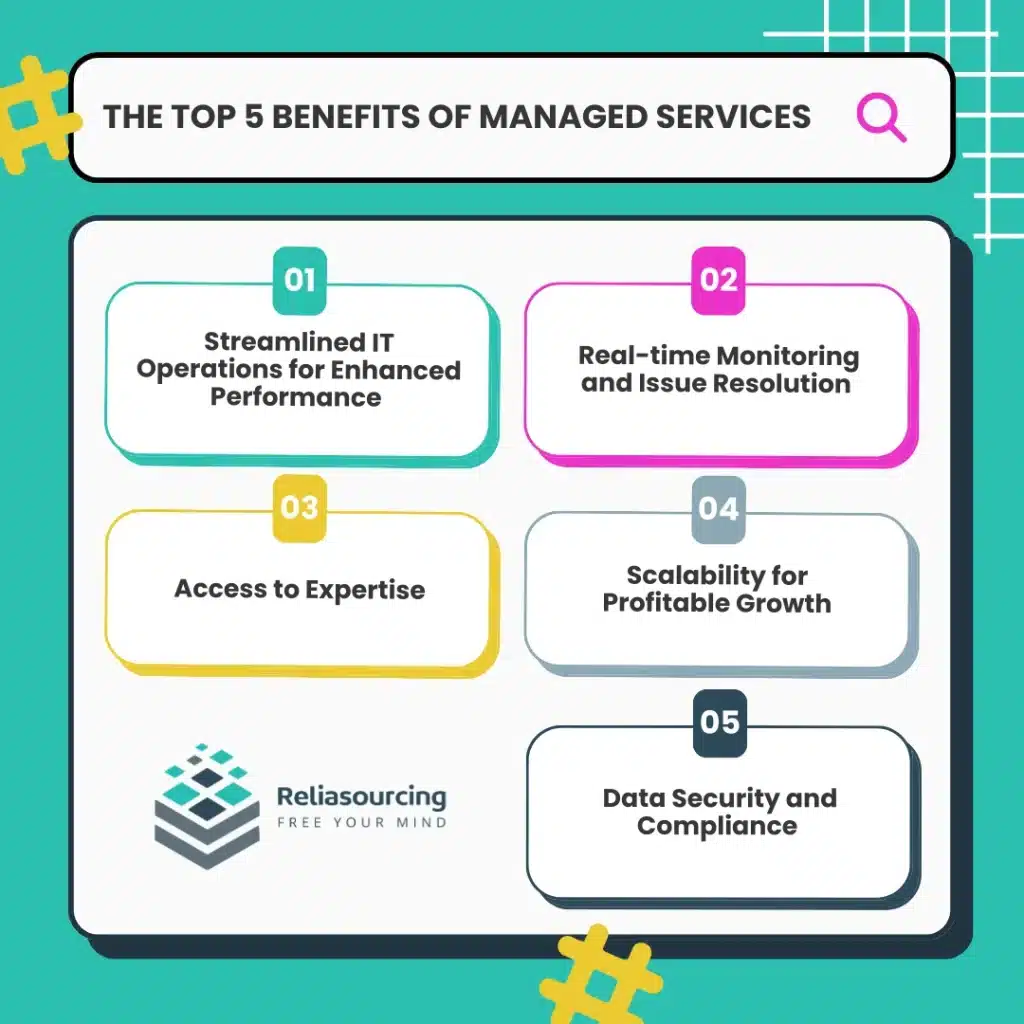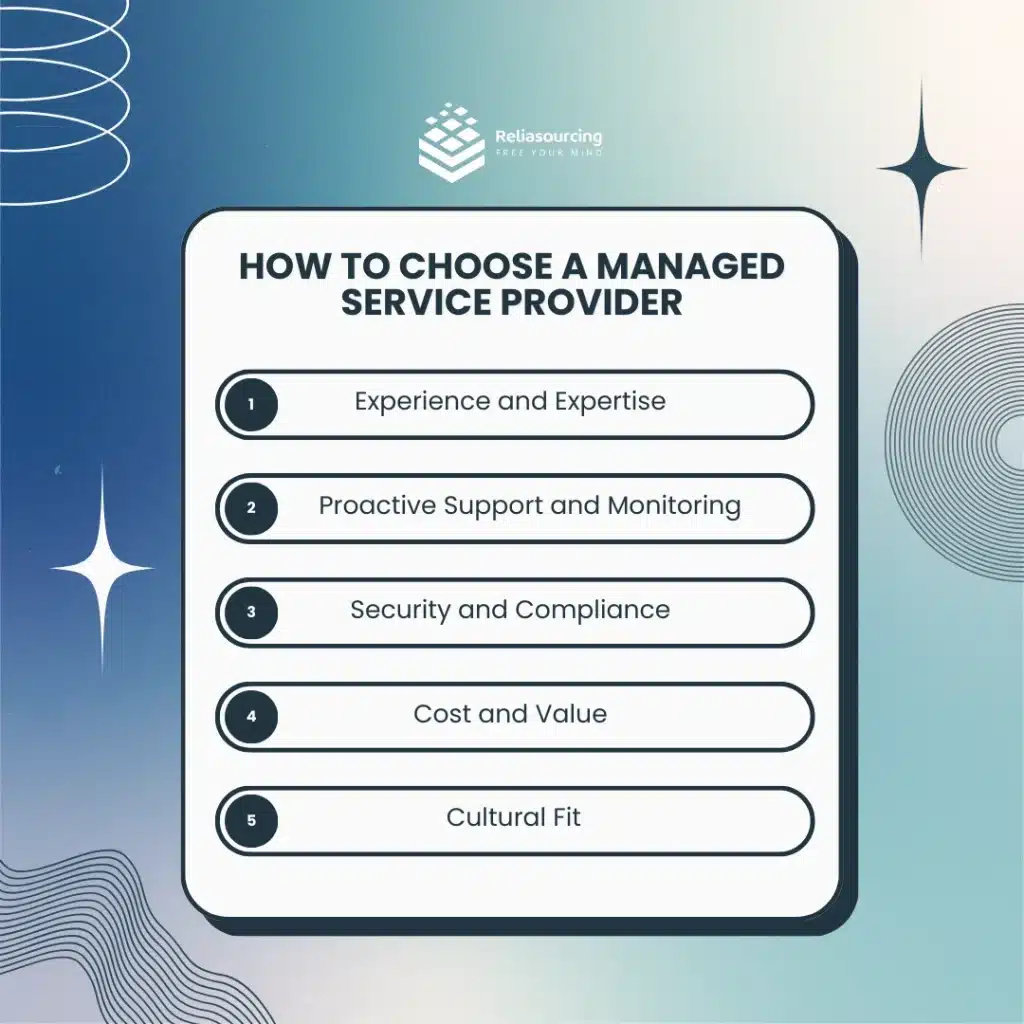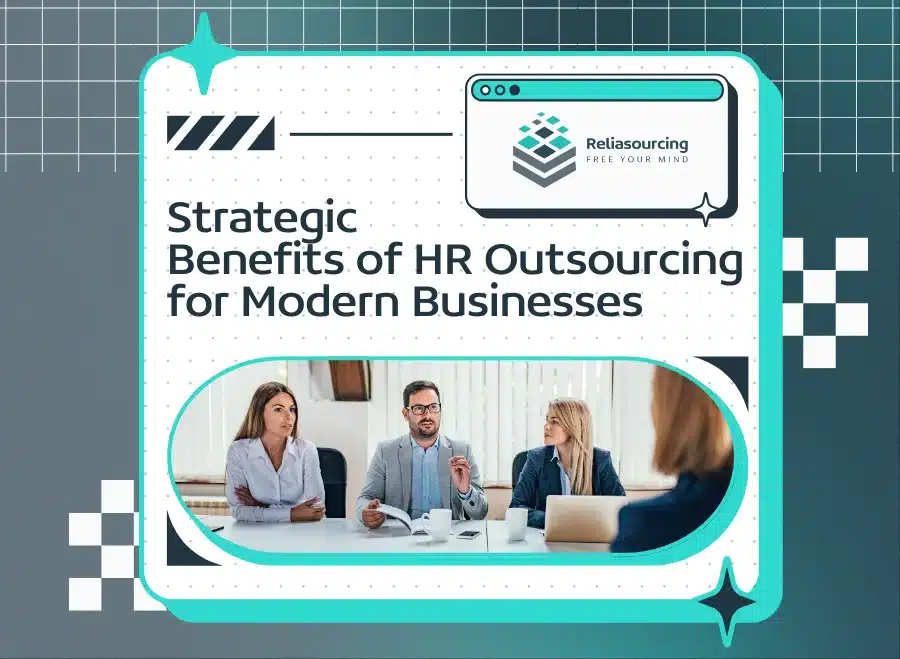With technology playing a pivotal role in every aspect of business operations, organizations are turning to managed services to streamline processes, enhance efficiency, and ensure robust security measures. Managed services offer a range of benefits that can significantly impact the efficiency, security, and cost-effectiveness of an organization’s IT infrastructure. In this article, we will delve into the top 5 benefits of managed services in 2026, providing valuable insights for business owners and decision-makers considering outsourcing their IT needs.
What are Managed Services?
Managed services refer to the practice of outsourcing IT management responsibilities to a third-party provider. This includes proactive monitoring, maintenance, support, and strategic planning for IT systems and networks. The concept of managed services has its roots in the late 1990s and early 2000s, coinciding with the rapid growth and complexity of IT environments. Businesses began to recognize the limitations of handling all IT functions in-house, especially as technology evolved at a breakneck pace.
The Evolution of Managed Services
Initially, businesses relied heavily on break-fix services, where IT support was called upon only when something went wrong. This reactive approach often led to prolonged downtimes, unpredictable costs, and inefficient use of IT resources. As technology became more integral to business operations, the need for a more proactive and consistent approach to IT management emerged. This gave rise to managed services, where the focus shifted from reactive troubleshooting to continuous monitoring and preventive maintenance.
The Rise of Outsourced Managed Services
Outsourced managed services gained traction as companies sought to leverage specialized expertise without the overhead costs associated with expanding their internal IT departments. Partnering with managed services providers (MSPs), businesses could access a broad spectrum of IT skills and knowledge, often unavailable in-house. MSPs offered comprehensive solutions, including network management, cybersecurity, data backup, and disaster recovery, all under a predictable, subscription-based model.
The Top 5 Benefits of Managed Services

Managed services have emerged as a vital solution for businesses seeking to streamline their IT operations and maximize efficiency. Through outsourcing IT management responsibilities to specialized service providers, organizations can unlock a myriad of benefits that positively impact their productivity, security, and bottom line.
Let’s explore in detail the top 5 benefits of managed services in 2026 and how they contribute to the success of modern businesses.
1. Streamlined IT Operations for Enhanced Performance
Managed services play a pivotal role in enhancing IT efficiency and productivity within organizations. With offloaded routine IT tasks and maintenance to external experts, internal IT teams can redirect their focus towards strategic initiatives and innovation. This not only reduces the workload but also fosters a culture of continuous improvement and technological advancement, ultimately driving business growth.
2. Real-time Monitoring and Issue Resolution
One of the standout benefits of managed services is proactive monitoring and rapid issue resolution. Managed service providers leverage advanced monitoring tools and techniques to detect potential issues before they escalate into major problems.
This proactive approach minimizes downtime, disruptions, and costly IT emergencies, ensuring smooth operations and uninterrupted workflow for businesses.
3. Access to Expertise
Businesses gain invaluable access to a diverse team of IT experts with specialized skills and extensive knowledge in various technologies. This access to expertise ensures optimal performance, reliability, and security of IT systems and infrastructure.
Whether it’s cybersecurity, cloud services, network management, or data backup, managed service providers bring a wealth of experience to the table, empowering businesses to leverage cutting-edge technologies effectively.
4. Scalability for Profitable Growth
Managed services empower businesses with the ability to scale their IT resources seamlessly, aligning with dynamic market demands and growth opportunities. This scalability isn’t just about saving costs; it’s about unlocking avenues for increased revenue and profitability.
Having access to outsourced managed services, companies can swiftly adapt to market shifts, capitalize on emerging trends, and expand their operations without the burden of hefty infrastructure investments. Furthermore, the subscription-based model of managed services ensures predictable expenses, enabling organizations to allocate resources strategically for maximum returns.
5. Data Security and Compliance
Data security and compliance are paramount concerns for businesses in today’s digital landscape. Managed service providers take on the responsibility of implementing robust security measures, conducting regular audits, and ensuring compliance with industry regulations.
This proactive approach mitigates risks, safeguards sensitive information, and enhances overall cybersecurity posture, instilling confidence among clients, partners, and stakeholders.
The benefits of managed services are transformative for businesses aiming to optimize their IT operations and drive growth. These advantages not only boost productivity and efficiency but also enable businesses to stay competitive and focus on their core objectives. Outsourcing managed services is a strategic move that positions organizations for sustained success in an increasingly complex technological landscape.
How to Choose a Managed Service Provider

Choosing the right managed service provider is critical and impacts your business’s IT efficiency, security, and overall growth significantly. A well-chosen MSP addresses immediate IT needs and aligns with long-term strategic goals, offering scalable solutions and proactive support.
However, selecting an MSP requires careful consideration to ensure the provider delivers on promises and adds true organizational value. To make an informed decision, here are the key factors you should evaluate when choosing a managed service provider:
Experience and Expertise
- Industry Experience: Look for an MSP with extensive experience in your specific industry. This ensures they understand the unique challenges and regulatory requirements you face.
- Technical Expertise: Verify the provider’s technical expertise and certifications. They should have a skilled team proficient in the latest technologies and best practices.
- Track Record: Review case studies, client testimonials, and references to gauge the provider’s success in managing similar businesses.
Proactive Support and Monitoring
- Proactive Monitoring: The MSP should provide continuous monitoring and proactive maintenance to detect and resolve issues before they escalate, minimizing downtime and disruptions.
- Response Times: Evaluate their response times and support availability. Ensure they offer 24/7 support and have a clear escalation process for critical issues.
- Service Level Agreements (SLAs): Review their SLAs to understand the level of service you can expect, including uptime guarantees and response times for different types of incidents.
Security and Compliance
- Security Measures: Ensure the provider has robust security protocols and practices in place to protect your data and IT infrastructure from threats.
- Compliance Expertise: Verify their knowledge and experience with industry-specific regulations and compliance requirements, ensuring they can help you meet necessary standards.
- Audit Support: The MSP should be able to provide support for audits and compliance reporting, helping you maintain regulatory compliance.
Cost and Value
- Pricing Model: Understand the MSP’s pricing model. Ensure it aligns with your budget and offers a good balance between cost and the level of service provided.
- Value-Added Services: Consider any additional value-added services the MSP offers, such as training, consulting, or strategic IT planning, which can enhance your overall IT strategy.
- Transparency: Look for transparency in their pricing and contract terms. Avoid providers with hidden fees or complex contract structures.
Cultural Fit
- Alignment: Ensure the MSP’s values, work culture, and business approach align with your company’s culture and strategic goals.
- Communication: Effective communication is crucial. Choose a provider that communicates clearly and regularly, keeping you informed about your IT environment and any issues that arise.
- Collaboration: The MSP should be willing to work collaboratively with your internal team, fostering a partnership rather than a vendor-client relationship.
Selecting the right managed service provider is not just about finding a company to handle your IT needs; it’s about forming a strategic partnership that can drive your business forward.
Frequently Asked Questions About Managed Services
At what point should a company consider a Managed Service Provider?
A company should consider an MSP when it needs expert IT support, proactive monitoring, cost-effective solutions, and scalability for growth. Specific scenarios include:
- Limited Internal IT Resources: When your in-house IT team is stretched thin and unable to manage daily operations while also focusing on strategic projects.
- Frequent Downtime and IT Issues: If your business experiences regular IT disruptions that affect productivity, an MSP can provide proactive monitoring and rapid issue resolution.
- Growth and Expansion: When your company is scaling and requires additional IT resources to support new initiatives, locations, or increased workloads.
What is usually covered by a managed service provider?
Managed service providers typically deliver a broad spectrum of IT services designed to optimize and secure business operations. They manage IT infrastructure, including hardware, software, and network components, ensuring seamless functionality and efficiency. Continuous network monitoring and management help detect and resolve performance issues promptly.
Cybersecurity is a critical focus. MSPs implement robust security measures such as firewalls, intrusion detection systems, and antivirus solutions to safeguard against cyber threats. They also facilitate cloud services, aiding in cloud migration, managing cloud environments, and optimizing cloud resources.
How much does it cost to hire a managed services provider?
The cost of hiring a managed services provider (MSP) can vary significantly based on several factors. This includes the services required, the size of the organization, the complexity of the IT infrastructure, and the level of support needed. Here are some companies’ price offerings:
- Electric: Offers comprehensive IT management for small to medium-sized businesses, with pricing ranging from $125 to $175 per user per month.
- All Covered: Provides various managed IT services, with costs ranging from $100 to $300 per user per month, depending on service levels.
- TPX Communications: Offers managed IT services including network management and cybersecurity, with costs ranging from $150 to $250 per user per month.
On average, small to medium-sized businesses can expect to pay between $100 to $500 per user per month for managed services. Larger enterprises with more complex needs may incur higher costs. It’s essential to request customized quotes from potential providers to get an accurate estimate tailored to your specific needs.
How Reliasourcing helps with Managed Services
Reliasourcing excels in offering outsourced managed services, providing companies access to specialized knowledge they may lack internally, thus sparing customers the expense of hiring new employees for their projects. Tap into unique resources, including data backups, network management, and cybersecurity, which are crucial tasks that Reliasourcing handles efficiently. Additionally, Reliasourcing ensures reduced expenses compared to building an in-house team, especially in scarce skill sets like cybersecurity, resulting in substantial cost savings.
Moreover, Reliasourcing relieves pressure by allowing internal teams to focus on strategic priorities, innovation, and business growth while handling essential operations seamlessly. Their flexible and scalable tools adapt to meet evolving business demands, making them ideal for companies undergoing rapid digital transformation or scaling up to address cybersecurity threats.
Reliasourcing also reduces risk by offering tailored risk mitigation and management services, ensuring compliance with regulations and proactive security measures through routine audits. Overall, Reliasourcing’s outsourced managed services significantly enhance competitiveness, streamline operations, and boost overall productivity for businesses.
Unlock your business potential with Reliasourcing’s expert Managed Services! Contact us today to discover how we can streamline your operations, boost security, and drive growth.









